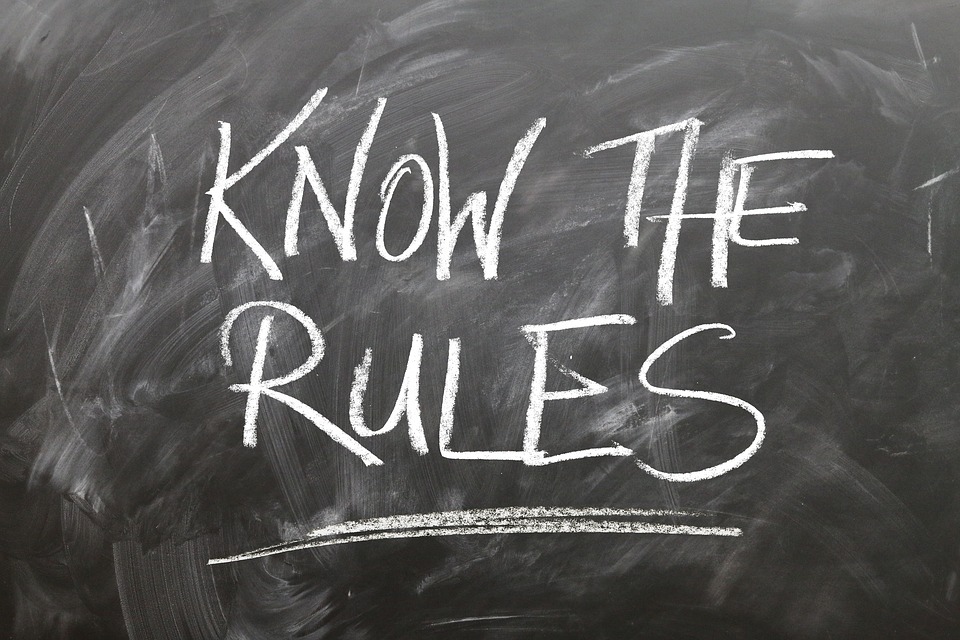20 Ways You Can Violate Your Probation in California (Penal Code 1203 through 1203.3)
If you are convicted of a crime in California, the judge has much discretion in deciding your sentence. California law authorizes the judge to sentence you to the maximum prescribed penalty for the crime of which you are convicted.

If you are eligible, a judge is authorized to “suspend” imposition of your sentence for a misdemeanor or a felony and grant probation instead of sending you to jail or prison (Penal Code 1203.1).
Probation gives you the opportunity to complete your sentence in the community under what is known as “conditional release.” Upon successful completion of your probation, you are entitled to return to court and have your guilty plea dismissed or your conviction by jury verdict “set aside” in many cases.
Informal vs. Formal Probation
There are two types of probation in California. “Summary” (or “informal”) probation is served without supervision by a probation officer. “Felony” (or “formal”) probation requires that you report to and be supervised directly under the authority of a county probation officer.
It is up to the judge to decide the length of your probation term. Probation terms are generally three to five years. However, you can be placed on probation for up to the maximum time for which sentence of imprisonment might be pronounced for the crime of which you were convicted (Penal Code 1203a).
How Does Probation Work?
In some cases, California law permits the judge to grant you what is known as “probation” rather than sentencing you to jail. Probation allows you to “suspend” your sentence for a misdemeanor or felony and instead complete the terms of your probation for a specified period. In order to qualify for probation, you must meet certain criteria. The judge will take into consideration the severity of the crime, as well as any prior criminal history. Probation generally involves community service, counseling, and meetings with your probation officer. Upon successful completion of your probation, you are entitled to return to court and have your guilty plea dismissed or your jury conviction set aside. However, if you violate the terms of your probation, you may be subject to discipline, including revocation of your probation and reinstatement of your original jail sentence.
20 Ways You Can Violate Your Probation in California

Some of the ways you can violate your probation include:
- Failure to pay all court-ordered fines and fees, such as restitution to a victim;
- Failure to appear at required court hearings (otherwise known as “FTA”);
- Failure to participate in and complete court-ordered counseling or treatment i.e., a 52-week batterer’s prevention class for a domestic violence conviction;
- Failure to complete court-ordered community service i.e., Cal-Trans or Community Works Project;
- Failure to report to your probation officer as required;
- Failure to comply with your probation officer’s instructions;
- Failure to maintain employment;
- Failure to submit to and/or pass an anti-narcotic (drug) test;
- Failure to attend court-ordered AA meetings and/or a Mothers Against Drunk Driving (MADD) program for a DUI conviction;
- Failure to enroll in and complete a required Alcohol Education Program (DUI school) for a DUI conviction;
- Failure to attend court-ordered Narcotics Anonymous meetings in a drug-related case;
- Being under the influence or in possession of illegal drugs or medication for which you do not possess a valid prescription. This can also be charged as a new offense in addition to being a violation of probation;
- Being in possession of contraband – for example, being caught with alcohol if your probation conditions mandate that you abstain from using, possessing or having access to alcohol;
- Being in possession of a firearm for any felony conviction or in any misdemeanor domestic violence case;
- Being in a restricted area –for example, being in an area known for illegal drug sales if you are on probation for a drug-related offense;
- Failure to comply with the terms of electronic monitoring if you are required to wear a monitoring device. This includes an alternative sentence for home confinement (“house arrest”), GPS tracking for sex or gang-related offenses and/or monitoring for use of alcohol using an alcohol detection device (or “SCRAMM”) in a DUI case;
- Having contact with prohibited persons such as any children as a result of a sex offense conviction involving a minor;
- Violating an Emergency Protective Order or Temporary/Permanent Restraining Order in a domestic violence case;
- Absconding – meaning leaving the county or state without the permission of your probation officer; and
- Any violation of the law other than a traffic infraction.
Consequences of Violating the Terms and Conditions of Probation (Penal Code 1203.3)
Everyone who is granted probation must agree to and comply with certain terms and conditions during his or her probationary period in order to avoid being sentenced to serve time in custody. Every case is different, which means the judge will set terms and conditions of probation specific to your case.

Whether you are on informal or formal probation, if you are suspected of violating your probation terms or conditions, any peace officer, including a probation or parole officer may arrest you on site without a warrant, or the court may issue a warrant for your arrest (Penal Code 1203.2).
You can then be returned to court to face a probation violation (or “revocation”) hearing in front of the judge. If you are found guilty of violating your probation, the judge is permitted to revoke your probation and do one of four things:
- Reinstate your probation under the same conditions;
- Reinstate your probation but change (or “modify”) your conditions;
- Terminate your probation and impose your original suspended sentence; or
- Terminate your probation and impose the maximum sentence allowed by law.
If your probation is reinstated, the judge may require you to serve up to a 1 year jail sentence as a condition of reinstatement.
Contact Wallin & Klarich If You Have Been Accused of Violating Your Probation
If you or someone you care about has been charged with a probation violation, you should contact an experienced criminal defense attorney at Wallin & Klarich today. If your probation is terminated due to revocation, you can be sentenced to serve the maximum amount of time in custody allowed by law.
The attorneys at Wallin & Klarich have over 40 years of experience dealing with judges, prosecutors and probation officers to help minimize the potential consequences of a probation violation. We may be able to negotiate for a solution that does not require you to serve any time in custody. We will do everything within our power to win your probation revocation hearing.
With offices in Los Angeles, Sherman Oaks, Torrance, Tustin, San Diego, Riverside, San Bernardino, Ventura, West Covina and Victorville, our attorneys at Wallin & Klarich will do everything they can to help you get the best possible result in your case.
Call us today at (877) 4-NO-JAIL or (877) 466-5245 for a free telephone consultation. We will get through this together.



